If you ask them for permission to hunt, hike or horse on the huge swath of property they purchased here (and locked up) when you send your groveling letter it helps to throw in a few hail Jesuses.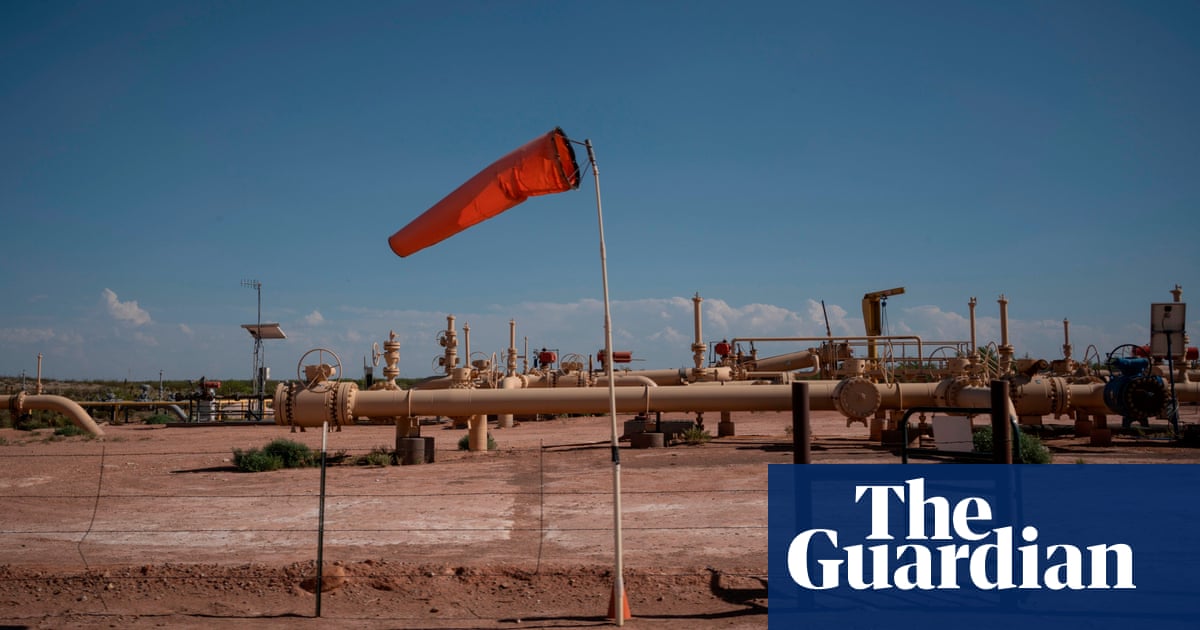
Texas fracking billionaire brothers fuel rightwing media with millions of dollars
Farris and Dan Wilks’ deep pockets fund climate denialism education, conservative politicians and pro-fossil fuel projectswww.theguardian.com
Two billionaire Texas brothers whose fortunes derive from oil and gas fracking have pumped millions of dollars into rightwing media outfits that have promoted climate-crisis denialism and sent more big checks to back an array of evangelical projects and conservative Texas politicians.
The Wilks brothers, for instance, have poured millions of dollars into PragerU and the Daily Wire, two rightwing media outlets that have promoted wide-ranging conservative agendas, including climate crisis denialism to school-age kids and adults via short videos, articles and other materials.
The Wilks brothers aren’t the only ones with oil and gas ties to question climate change science from a position of self-interest; with so much invested in hydrocarbon society, their pro-fossil fuel, anti-climate-crisis science position only makes sense. Where the Wilks take things further, however, is their articulation of climate change denialism in theological terms, as if we are all destined by God for a future of environmental ruin we have no responsibility for and can’t control. The force of their advocacy, informing PragerU, the Daily Wire and other conservative media outlets, is what makes their influence so penetrating and paralyzing, and insidious.”
Welcome to Tesla Motors Club
Discuss Tesla's Model S, Model 3, Model X, Model Y, Cybertruck, Roadster and More.
Register
Install the app
How to install the app on iOS
You can install our site as a web app on your iOS device by utilizing the Add to Home Screen feature in Safari. Please see this thread for more details on this.
Note: This feature may not be available in some browsers.
-
Want to remove ads? Register an account and login to see fewer ads, and become a Supporting Member to remove almost all ads.
You are using an out of date browser. It may not display this or other websites correctly.
You should upgrade or use an alternative browser.
You should upgrade or use an alternative browser.
Climate Change / Global Warming Discussion
- Thread starter Raffy.Roma
- Start date
-
- Tags
- Energy Environment Policy
except Zillow will __NOT__ give you flood risk"More than 4 out of 5 prospective home buyers consider climate risks as they shop, new Zillow research shows. Most say their major concern is flood risk, followed by wildfires, extreme temperatures, hurricanes and drought."
we use Zillow to find property and then copy paste address into realtor.com that does give flood risk
(I presently live in "Severe Flood risk of >56% but not extreme of 99%)
except Zillow will __NOT__ give you flood risk
we use Zillow to find property and then copy paste address into realtor.com that does give flood risk
(I presently live in "Severe Flood risk of >56% but not extreme of 99%)
Pretty sure it's <1% in Las Vegas as long as you buy newer developments. LOL
mspohr
Well-Known Member
Insurance industry is risk averse. They only bet on sure things.
Climate change introduces too many new variables and increases risk.
Do we need a different model now that "free market" capitalism has failed?
B
betstarship
Guest
There's a really informative infographic of heating planet-wide in specific geographic regions. The entire article is worth a read too about what's happening in Pakistan.
mspohr
Well-Known Member

Chasm between climate action and scientific reality laid bare in UN stocktake
Rise in global emissions must be halted within two years to avoid the worst – and it can be done, says report
The chasm between the climate action being taken and the emissions cuts required is set out bluntly in the new “global stocktake” report from the UN, produced in collaboration with nations. As it stands, nations will belch out about 22bn tonnes more carbon dioxide in 2030 than the climate can cope with if the global temperature rise is to be held to 1.5C and the worst impacts of the climate crisis are to be avoided. That 22bn tonnes that must be eliminated is equivalent to the combined emissions of the top five polluters today: China, US, India, Russia and Japan
The report notes that the 2015 Paris agreement has driven action but says “much more is needed now on all fronts”. Crucially, it says it can be done. “There are now sufficient cost-effective opportunities to address the 2030 emissions gap,” it says. The “indispensable” actions required are “scaling up renewable energy and phasing out all unabated fossil fuels”, as well as ending the destruction of forests and reducing methane emissions, especially from oil and gas operations
mspohr
Well-Known Member
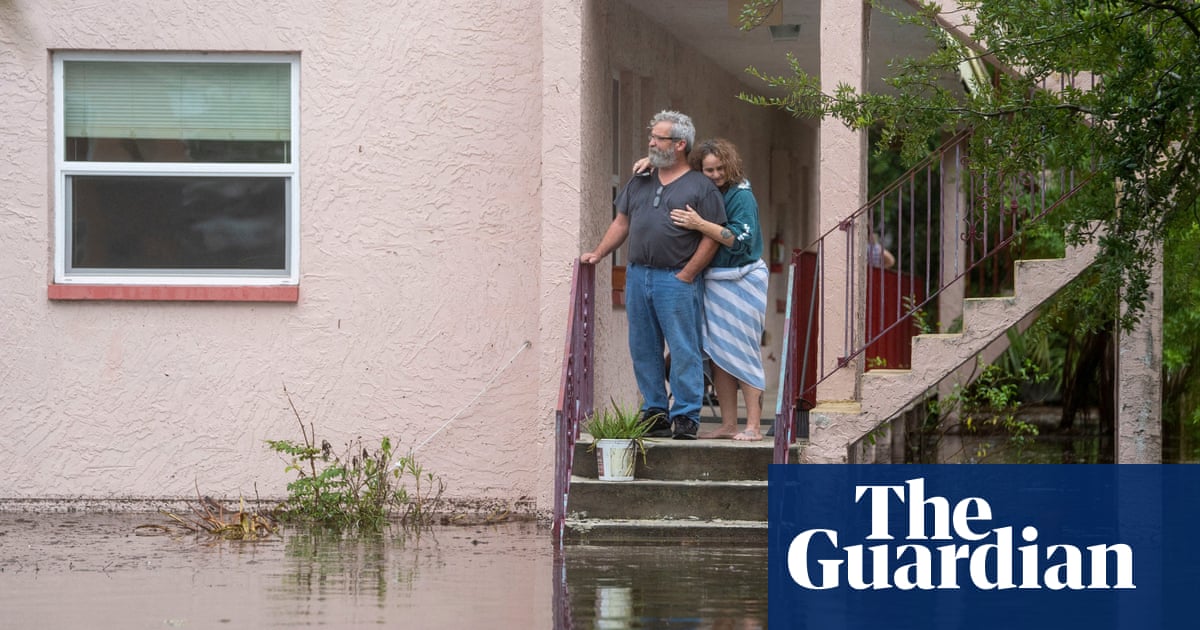
US sets new record for billion-dollar climate disasters in single year
Country has experienced 23 extreme weather events costing $1bn or more already this year, passing previous mark of 22 in 2020
With four months of 2023 still left, the US has set a record for the most natural disasters in a single year that have cost $1bn or more, as fires, floods and ferocious winds were among deadly events experts warn are being turbo-charged by the climate crisis. The National Oceanic and Atmospheric Administration (Noaa) announced on Monday that there have already been 23 extreme weather events in the US this year that have cost at least $1bn. The current figure surpasses the record of 22 such events set in 2020. more So far, the total cost of disasters in 2023 is more than $57.6bn, according to Noaa.
Experts have long pointed out that climate disasters and extreme weather create exceptionally large costs for local governments. Last week, more than 60 million Americans were under heat alerts, an extreme weather event that cities have struggled to allocate funding towards. Experts say the US has to do more to adapt to increased disasters as they are only projected to get worse. “The climate has already changed, and neither the built environment nor the response systems are keeping up with the change,” the former Federal Emergency Management Agency director Craig Fugate said.
mspohr
Well-Known Member

Libya’s floods are result of climate crisis meeting a failed state
Storm Daniel was by no means the only factor behind the devastation wrought on the city of Derna
When the climate crisis meets a failed state, the outcome is the kind of disaster that Libya is witnessing in Derna. Any city would have struggled with the extraordinary level of precipitation that Storm Daniel visited upon Libya’s northern coast. In its earlier, milder form, the storm caused severe damage in Greece before it crossed the Mediterranean. Nevertheless, the extent of the devastation – a quarter of a city was swept into the sea in what is being described as Libya’s 9/11 – is also a function of the country’s failed politics.
The two large dams built in the narrow valley above Derna were an accident waiting to happen, especially because poorly constructed housing built close to the river had become increasingly dense and high-rise. Built in the 1970s by a Yugoslav company, the risk posed by the two dams and their state of decay was the subject of a lengthy academic article in 2022, calculating what weight of water would crush them and how it might run off given the topography.
mspohr
Well-Known Member
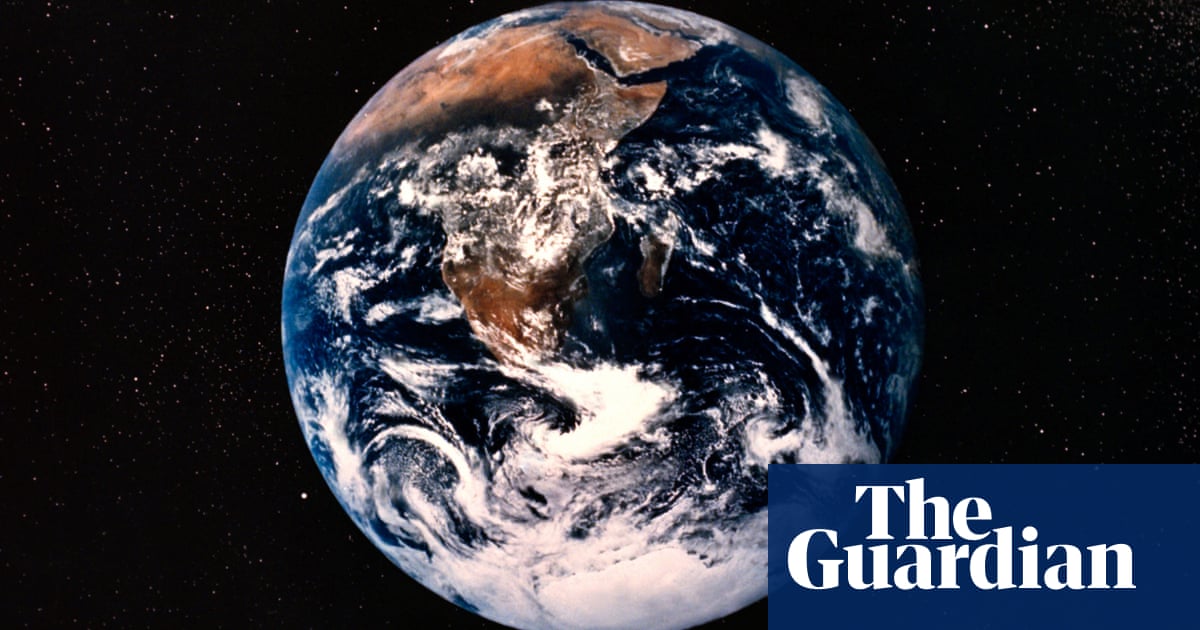
Earth ‘well outside safe operating space for humanity’, scientists find
First complete ‘scientific health check’ shows most global systems beyond stable range in which modern civilisation emerged
Earth’s life support systems have been so damaged that the planet is “well outside the safe operating space for humanity”, scientists have warned. Their assessment found that six out of nine “planetary boundaries” had been broken because of human-caused pollution and destruction of the natural world. The planetary boundaries are the limits of key global systems – such as climate, water and wildlife diversity – beyond which their ability to maintain a healthy planet is in danger of failing. The broken boundaries mean the systems have been driven far from the safe and stable state that existed from the end of the last ice age, 10,000 years ago, to the start of the industrial revolution. The whole of modern civilisation arose in this time period, called the Holocene.
Record August temperatures confirmed summer 2023 was the hottest summer (June, July, August) in @nasa’s temperature record, by a large margin.
All three months of summer 2023 broke records.
oooh...more internal details are coming out of the same BS from this company! Society, you got played and played hard. The alarm has been going off for quite awhile now...will you wake up before it's too late!?!

 www.wsj.com
www.wsj.com

WSJ News Exclusive | Inside Exxon’s Strategy to Downplay Climate Change
Internal documents show what the oil giant said publicly was very different from how it approached the issue privately in the Tillerson era.
mspohr
Well-Known Member
Reparations are in orderoooh...more internal details are coming out of the same BS from this company! Society, you got played and played hard. The alarm has been going off for quite awhile now...will you wake up before it's too late!?!

WSJ News Exclusive | Inside Exxon’s Strategy to Downplay Climate Change
Internal documents show what the oil giant said publicly was very different from how it approached the issue privately in the Tillerson era.www.wsj.com

Harnessing All-Solar Energy: Nanocrystal Breakthrough Transforms Infrared Light Conversion
Systematic copper doping boosts all-solar utilization in tungstic acid nanocrystals. Sunlight is an inexhaustible source of energy, and utilizing sunlight to generate electricity is one of the cornerstones of renewable energy. More than 40% of the sunlight that falls on Earth is in the infrared,
scitechdaily.com
We need some of this in the SW USA!
CyberGus
Not Just a Member

Harnessing All-Solar Energy: Nanocrystal Breakthrough Transforms Infrared Light Conversion
Systematic copper doping boosts all-solar utilization in tungstic acid nanocrystals. Sunlight is an inexhaustible source of energy, and utilizing sunlight to generate electricity is one of the cornerstones of renewable energy. More than 40% of the sunlight that falls on Earth is in the infrared,scitechdaily.com
We need some of this in the SW USA!
Another use for copper, great
mspohr
Well-Known Member
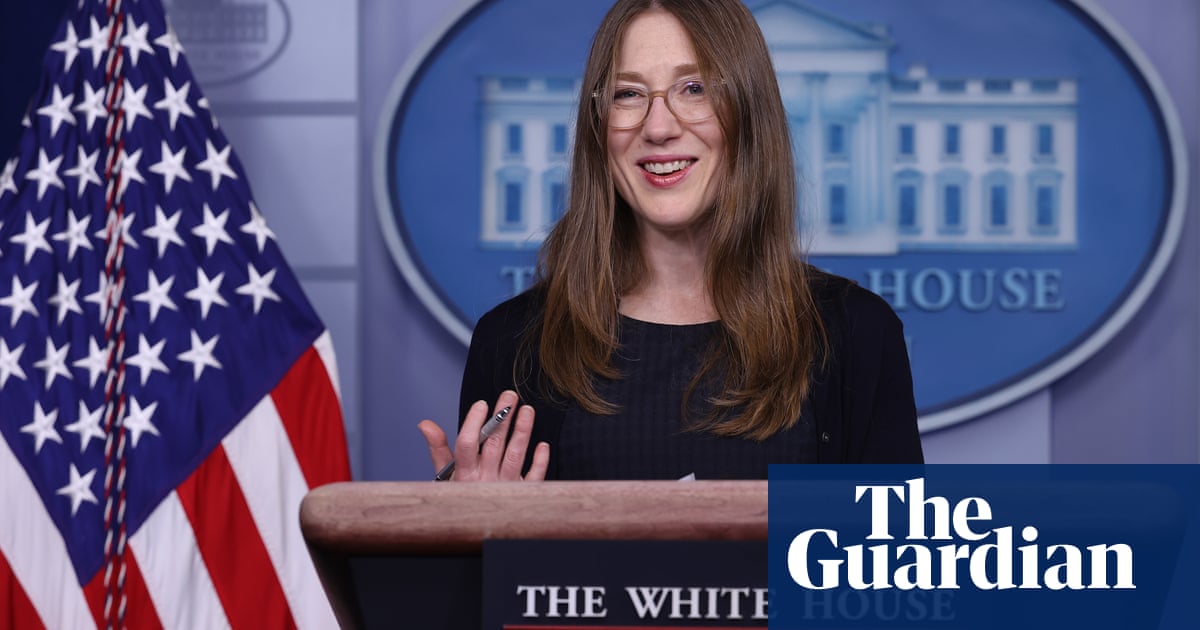
Key ‘Bidenomics’ architect calls for spending ‘race to the top’ on green tech
Biden adviser Heather Boushey urges UK and Europe to increase climate friendly investment to reboot growth
Governments around the world must drastically increase public investment in green technologies to combat global heating and drive sustainable economic growth, a top adviser to President Joe Biden has said. Heather Boushey, a member of the White House council of economic advisers, said countries including the UK needed to ramp up green investment to reboot economic growth, boost energy security, and protect against future inflation shocks. Speaking in an interview with the Guardian, she said the Biden administration’s decision to plough billions of dollars of public money into infrastructure and renewables was “crowding in” private investment – helping to put the world’s largest economy in a stronger position to avoid recession. “We’re working with our friends and allies to incentivise them to do the same – because we all need to make these investments,” she said.
mspohr
Well-Known Member
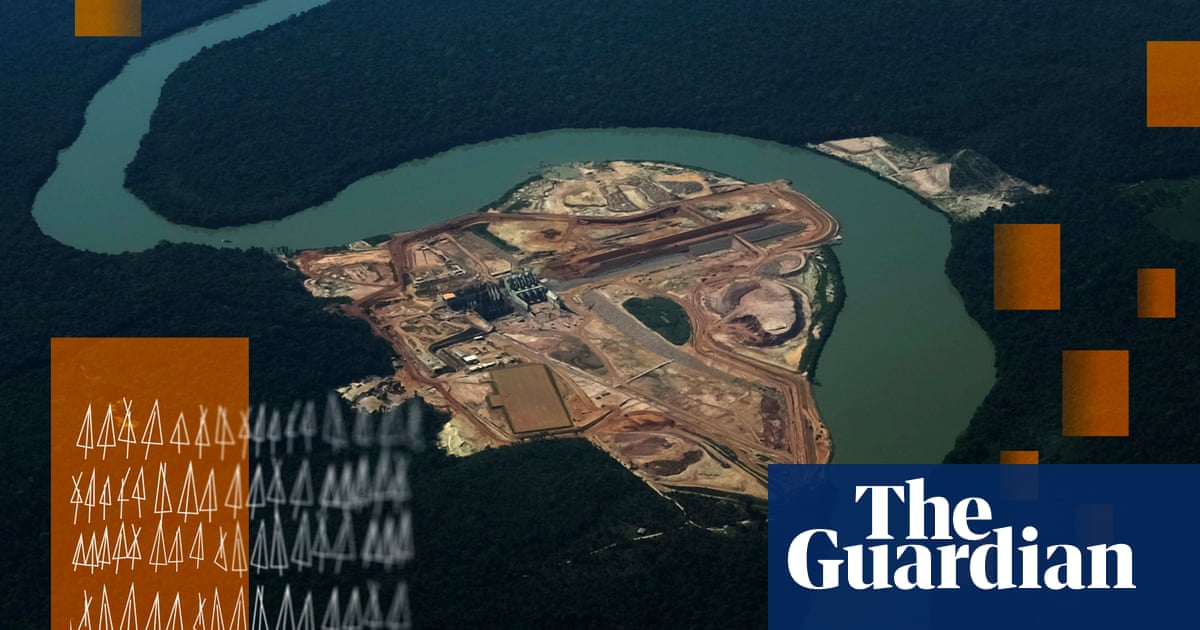
Revealed: top carbon offset projects may not cut planet-heating emissions
Majority of offset projects that have sold the most carbon credits are ‘likely junk’, according to analysis by Corporate Accountability and the Guardian
Majority of offset projects that have sold the most carbon credits are ‘likely junk’, according to analysis by Corporate Accountability and the Guardian Nina Lakhani @ninalakhani Tue 19 Sep 2023 17.17 EDT The vast majority of the environmental projects most frequently used to offset greenhouse gas emissions appear to have fundamental failings suggesting they cannot be relied upon to cut planet-heating emissions, according to a new analysis. The global, multibillion-dollar voluntary carbon trading industry has been embraced by governments, organisations and corporations including oil and gas companies, airlines, fast-food brands, fashion houses, tech firms, art galleries and universities as a way of claiming to reduce their greenhouse gas footprint
Similar threads
- Replies
- 19
- Views
- 2K
- Replies
- 48
- Views
- 4K
- Replies
- 64
- Views
- 4K
- Replies
- 54
- Views
- 35K
- Replies
- 4
- Views
- 13K


